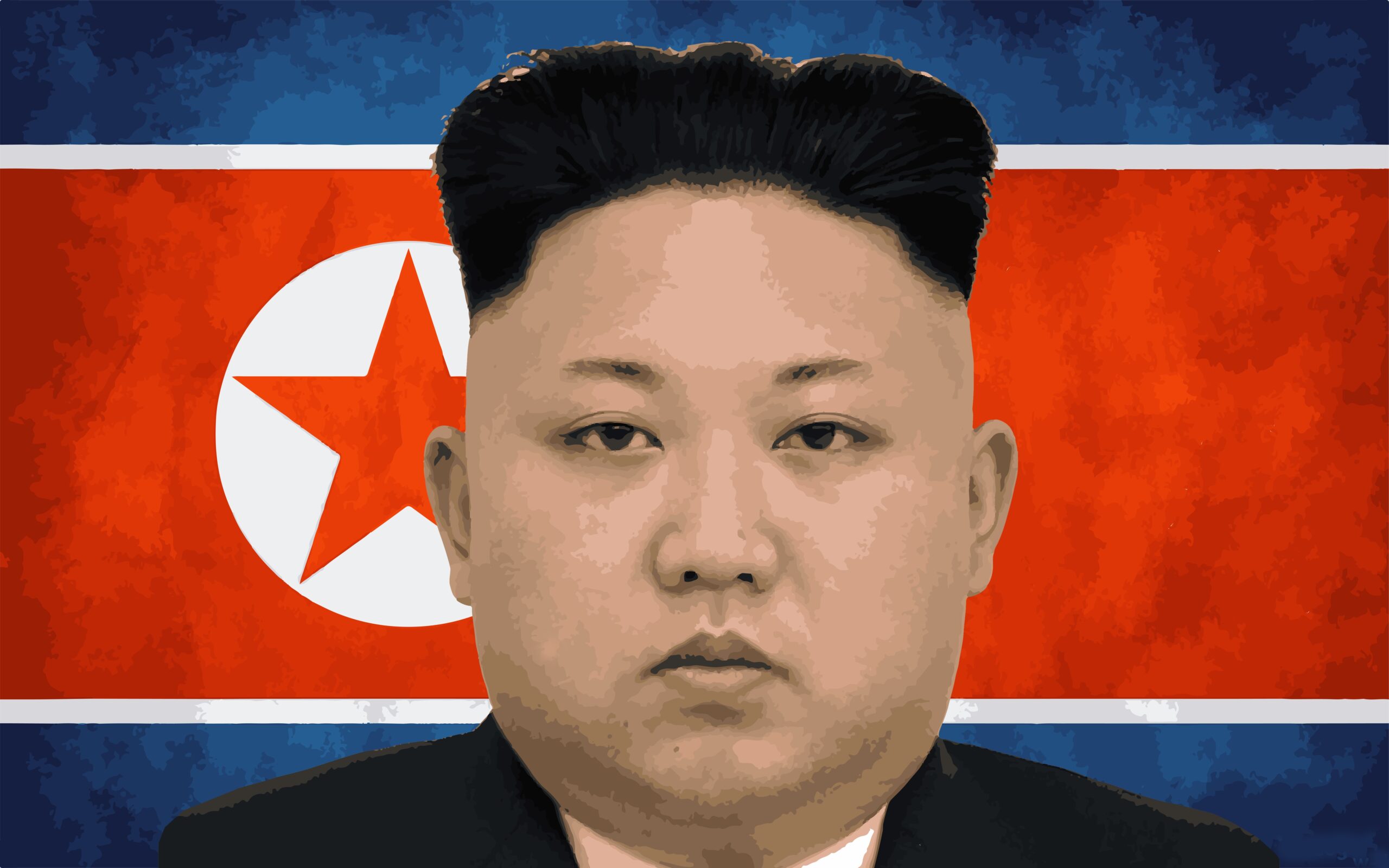(THIS ARTICLE IS MACHINE TRANSLATED by Google from Norwegian)
Director Geir Helgesen at the Nordic Institute for Asian Studies (NIAS), together with Professor Rachel Harrison from SOAS, University of London, has invited a number of particularly competent contributors to look at the phenomenon of "demonization" in the book. East-West Reflections on Demonization. This is happening not least in light of the press and heads of state's treatment of the now – incredible – 70-year-long conflict on the Korean Peninsula and the tension in East Asia.
I first became aware of NIAS when NRK one morning interviewed Helgesen. He stood out with a more nuanced consideration than the wide black brush I had come to expect about the closed North Korea and the history of war on the peninsula. When I eagerly turned on the news broadcast later that day, Helgesen was weeded out. Now the well-known commentary was in place and repeated stories about the strange and dangerous North Korea with its nuclear missiles, violence against its own population, brother-murderer dictator, stupefying propaganda and self-inflicted hunger…
As I write this section, I imagine the reader's reaction that I, as a critic, am a brainwashed, contradictory procommunist who wants to applaud everything that comes from North Korea. In other words, we are in the middle of what the latest book from NIAS is concerned with, demonization.
Demo Cementation
Let it be said at once: This long-awaited book is a liberating mobilization of heavy academic and experiential researchers and writers who address the translated stepchild "true tales of East Asia." The book will provoke the part of the press, political influencers and researchers who for decades have had to describe East Asian peoples and nations of all kinds – with little demand for objections or documentation.
The 18 contributors NIAS has invited to this book are wide-ranging.
With demonization Helgesen / Harrison thinks “a process that cultivates a negative perspective on the international 'foreigner' (the international 'Other')». They address the attention that the Western press in particular has paid to China and North Korea. But most of all towards the latter, since this closed country over the years has been the subject of persistent blackening to the extent that even the slightest attempts to nuance the image are immediately shot down, often by ridicule or blackening of the source. As a cultural sociologist, Helgesen has a background for understanding the role of culture in the description of the "other" for better or worse. He also addresses the political aspect, as the demonization tool is used to weaken challenging or undesirable economic and geopolitical forces.
Propaganda
The 18 contributors NIAS has invited to this book are wide-ranging: SOAS Professor Harrison hails from Northern Ireland and learns from the conflict-ridden region. The dialogue institution Nansen Academy in Lillehammer with Steinar Bryn has for years organized meetings between the ethnic opposites of the tense Balkans. Chunrong Liu, an associate professor at Fudan University in China, one of the world's top universities, brings an inside perspective on what it is like to be the subject of the West's not always as objective attention. By the way, Liu is soon on his way to the University of Oslo. British diplomat James Hoare describes a multifaceted North Korea. And the book also features an essay by Daniel Bell, one of today's most influential and deserving China connoisseurs, researcher, author and rector at Shandong University in China.

The need for dialogue and personal meetings across lines of conflict is a review tone in the book. But it is not least pointed out that knowledge about propaganda as an instrument in our time is seriously undercommunicated in the media. The motivated, false descriptions of propaganda are a vital part of international politics and the military. So what could be the consequences of a knowledge of propaganda for today's press coverage, comments and research – for example, when it smells like war?
Lessons from Western interference in Chile, Argentina, Venezuela, Guatemala, Rwanda, Iraq, Syria, Yemen, Afghanistan and Libya, and in Haiti and Cuba are poorly covered in the media – when needed most. And now North Korea and China.
The reasons for this are probably many. But at the top of the list is the press' need to produce lots of material, uncontroversial and attractive to for-profit media investors. It is convenient to play on teams with the powerful and influential, those who provide access to resources, press conferences and attractive flights – with the possibility of tabloid and "deep-plowing" matter from the circles of celebrities and power. Be careful not to dig too deep so you do not ruin a good story, seems to be a mantra. Of course, there are exceptions, but in the coverage of China and North Korea they are few.
Violence of the truth
When people are demonized, Daniel Bell believes, fundamental violence is exercised over the truth that people and groups are complex and complex. Therefore, he says, "is he who demonizes, a liar, conscious or unconscious", or has "an ugly agenda and tries to whip up irrational hatred", or simply suffers "from a serious degree of false consciousness".
East-West Reflections on Demonization is a good place to start in terms of preparing for the next war or intervention that will be whipped up by politicians, well helped by the media. Or for those who want to begin the painstaking work of understanding more of the last hundred years of East Asian history.


